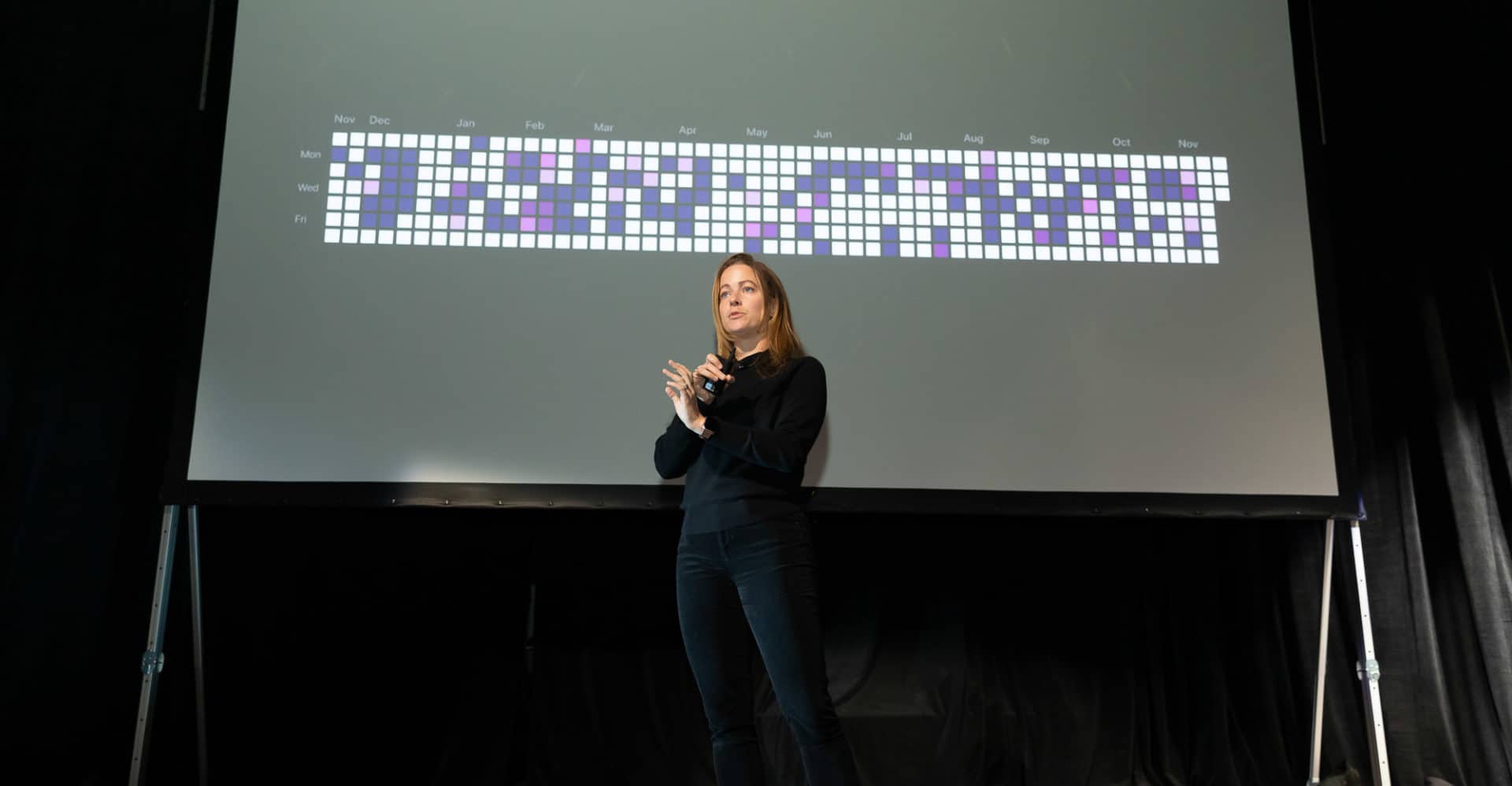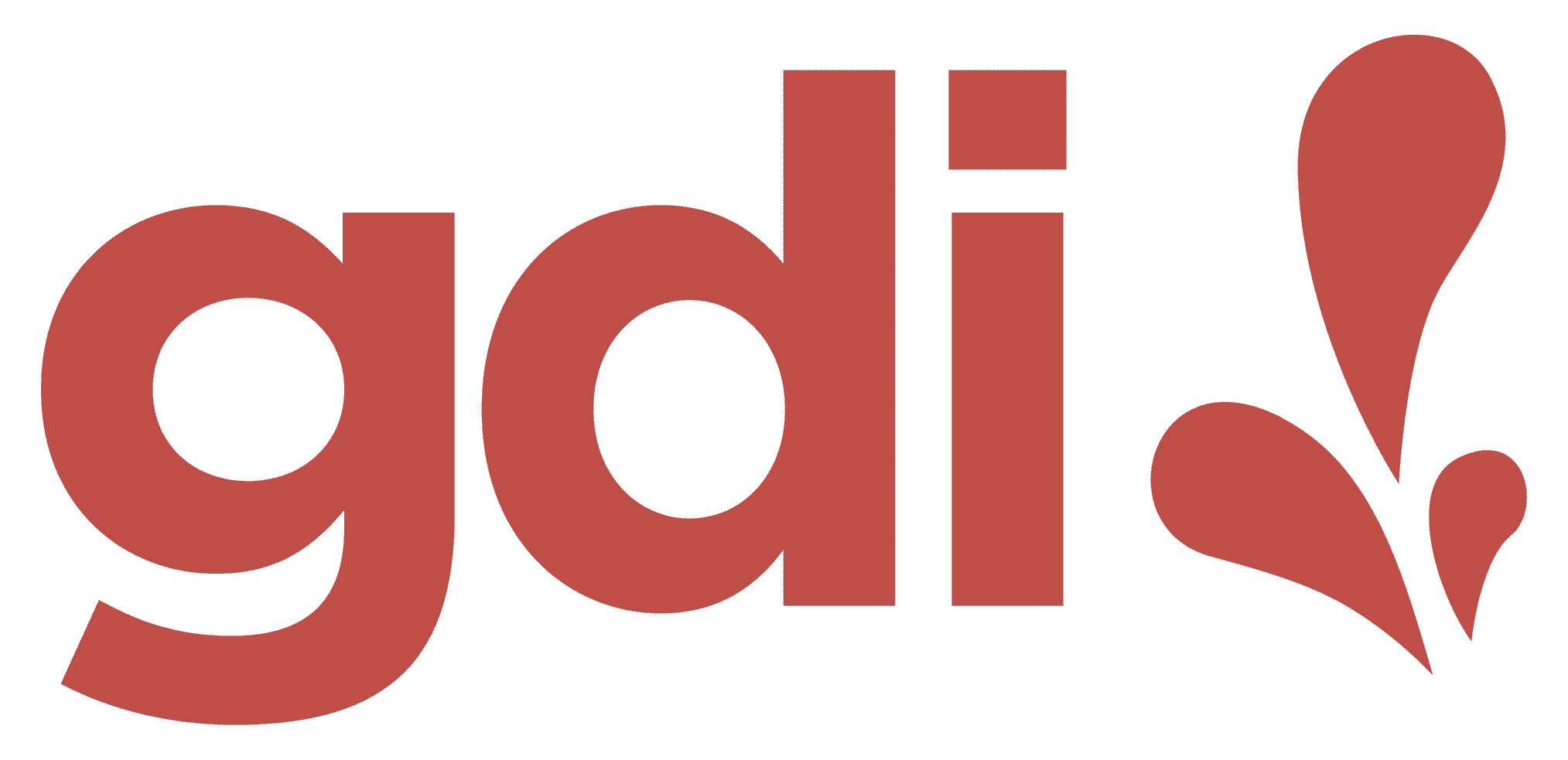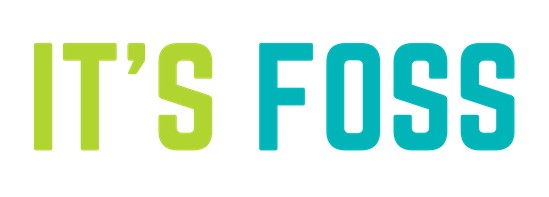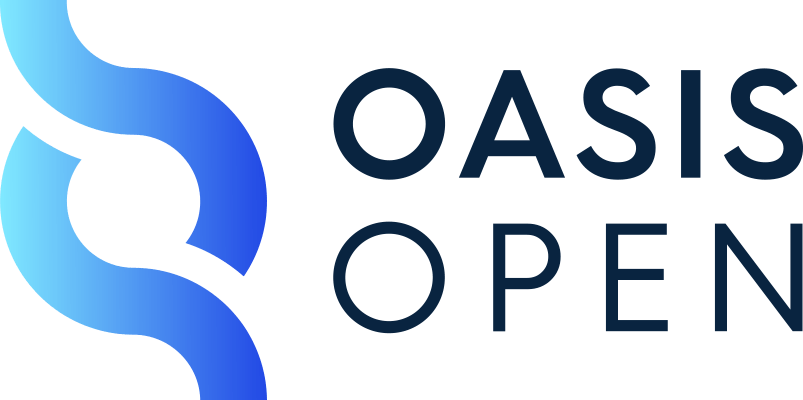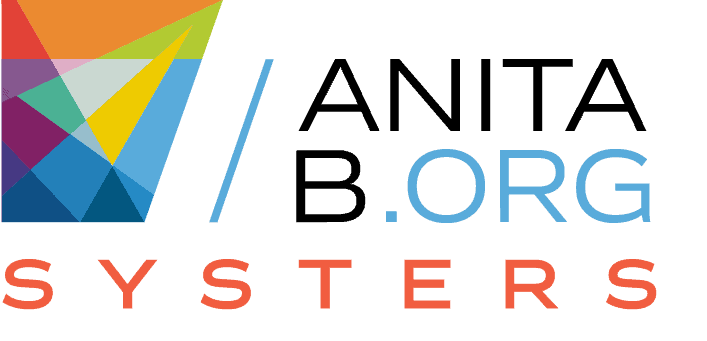Overview
The Open Networking & Edge Summit + Kubernetes on Edge Day Call for Proposals is now closed.
Dates to Remember
- CFP Closes: Sunday, June 20 at 11:59 PM PDT
- CFP Notifications: Monday, July 26
- Schedule Announcement: Thursday, July 29
- Presentation Slide Due Date: Friday, October 8, 2021
- Event Dates: Monday, October 11- Tuesday, October 12, 2021
Suggested Topics
ENTERPRISE NETWORKING & EDGE
- Distributed Enterprise Edge and NOS
- Campus Networking in the New Era of Virtual Work Force
- Network Visibility and Monitoring across Private, Public, and Telecom Networks
- Serverless
- Workload Migration to Cloud & Telecom, Programmable End-to-End Stack
- Open Source in the Mainstream – Projects inside Enterprise IT
- Edge Data Centers in Open Source (e.g. Open19)
- The New Open Data Center beyond Software Defined
CLOUD NETWORKING & EDGE
- Kubernetes & Cloud Native Networking
- Edge Compute Innovations in Kubernetes
- Service Mesh
- Migration of Workloads and Telco Apps to Hybrid Cloud
- Security in Cloud Migration
- Multi-Cloud Support and Integration with Telecom Networks
- CDN, Edge Locations and Workloads for Cloud Native Functions
- Blueprints and Use Cases across IOT, Edge, Cloud, and Enterprise Edge using Kubernetes
KUBERNETES ON EDGE DAY
- Kubernetes Distributions like k3s and Extensions for Edge
- Using Kubernetes in the Retail, Remote Office, IoT, and Telco Applications
- Using other Open Source Projects to Manage Devices and Applications at the Edge with Kubernetes
- Using Kubernetes for Edge Data Collection and Event Processing
- Using Kubernetes to Manage ML Applications at Edge
The New Service Provider
(Open Core, Unified Edge & Universal Access)
- Technologies & Standards (from Today and Tomorrow) including but not limited to:
- xG (5G, 6G)
- Low Latency Edge Computing
- Cloud Native, Service Mesh, CNFs
- Disaggregation, Open RAN (ORAN/vRAN), SDN/NFV, Orchestration, Network OS
- Intelligent Intent Based Networking/Network Automation & AI/Zero Touch
- AI/ML, Data Analytics, Closed Loop Control
- Network Programmability
- Future Work from Standards Organizations (eg 3GPP, ETSI, MEF, TMF, GSMA, NGMN, ORAN Alliance, TIP, OCP, etc.)
- Open Compliance, Verification, Interoperability – Enable Faster Deployments
- Real Life Deployments & Architecture Integration
- 5G Enabled Services, Use Cases, and Deployment
- Real-life Code/demo to Illustrate Complexities and Problem Solving around Integration, Implementation, and Deployment
- How can Open Sources Pieces be brought Together in Unusual and Unexpected Ways to Solve Novel Business Problems, e.g. Blueprints
- Applications and Vertical Markets Enabled by Open Networking & Edge
- Government and Public Safety Use Cases
- TV, Broadcast, Satellite… (any access)
- Intelligent Edge – Unified Framework across Telecom, Enterprise, and Cloud
- Private 5G/LTE in Retail, Manufacturing, etc.
- IoT Enabled by Telecom Edge Cloud
BUSINESS CRITICAL & INNOVATION
- Security
- Global Connectivity including Challenges in Developing Countries
- Spectrum Sharing
- Regulations and Requirements for Ubiquitous Broadband
- Remote and Rural Connectivity
- Cross Industry/Vertical Integration
- TCO and Value Shifts
- Verticals Specific ideas around Technology, Process, Value – Networking and Edge
- Open Source Program Office – Governance and Guides
Submission Types
- Session Presentation (typically 30-40 minutes in length)
- Panel Discussion (typically 30-40 minutes in length)
- Lightning Talk (typically 10 minutes in length)
Important Notes
- All speakers are required to adhere to our Code of Conduct. We also highly recommend that speakers take our online Inclusive Speaker Orientation Course.
- Panel submissions should include the names of all participants. In addition, The Linux Foundation does not accept submissions with all-male panels in an effort to increase speaker diversity.
- Each session is allowed (1) primary speaker and (1) co-speaker. The primary speaker for a proposal will receive a complimentary conference pass and the co-speaker will receive a discounted conference pass.
- For panel discussions, all panelists will receive a complimentary conference pass; there is a maximum of 4 panelists and 1 moderator.
- Avoid sales or marketing pitches and discussing unlicensed or potentially closed-source technologies when preparing your proposal; these talks are almost always rejected due to the fact that they take away from the integrity of our events, and are rarely well-received by conference attendees
- All accepted speakers are required to submit their slides prior to the event
Preparing to Submit Your Proposal
While it is not our intention to provide you with strict instructions on how to prepare your proposal, we hope you will take a moment to review the following guidelines that we have put together to help you prepare the best submission possible. To get started, here are three things that you should consider before submitting your proposal:
- What are you hoping to get from your presentation?
- What do you expect the audience to gain from your presentation?
- How will your presentation help better the ecosystem?
There are plenty of ways to give a presentation about projects and technologies without focusing on company-specific efforts. Remember the things to consider that we mentioned above when writing your proposal and think of ways to make it interesting for attendees while still letting you share your experiences, educate the community about an issue, or generate interest in a project.
First Time Submitting? Don’t Feel Intimidated
Linux Foundation events are an excellent way to get to know the community and share your ideas and the work that you are doing and we strongly encourage first-time speakers to submit talks for our events. In the instance that you aren’t sure about your abstract, reach out to us and we will be more than happy to work with you on your proposal.
How To Give a Great Tech Talk
In the instance that your talk is accepted, we want to make sure that you give the best presentation possible. To do this, we enlisted the help of seasoned conference speaker Josh Berkus who has prepared an in-depth tutorial on “How to Give a Great Tech Talk”.
Part 1: http://www.youtube.com/watch?v=iE9y3gyF8Kw
Part 2: http://www.youtube.com/watch?v=gcOP4WQfJl4
Code of Conduct
The Linux Foundation is dedicated to providing a harassment-free experience for participants at all of our events. We encourage all submitters to review our complete Code of Conduct.
